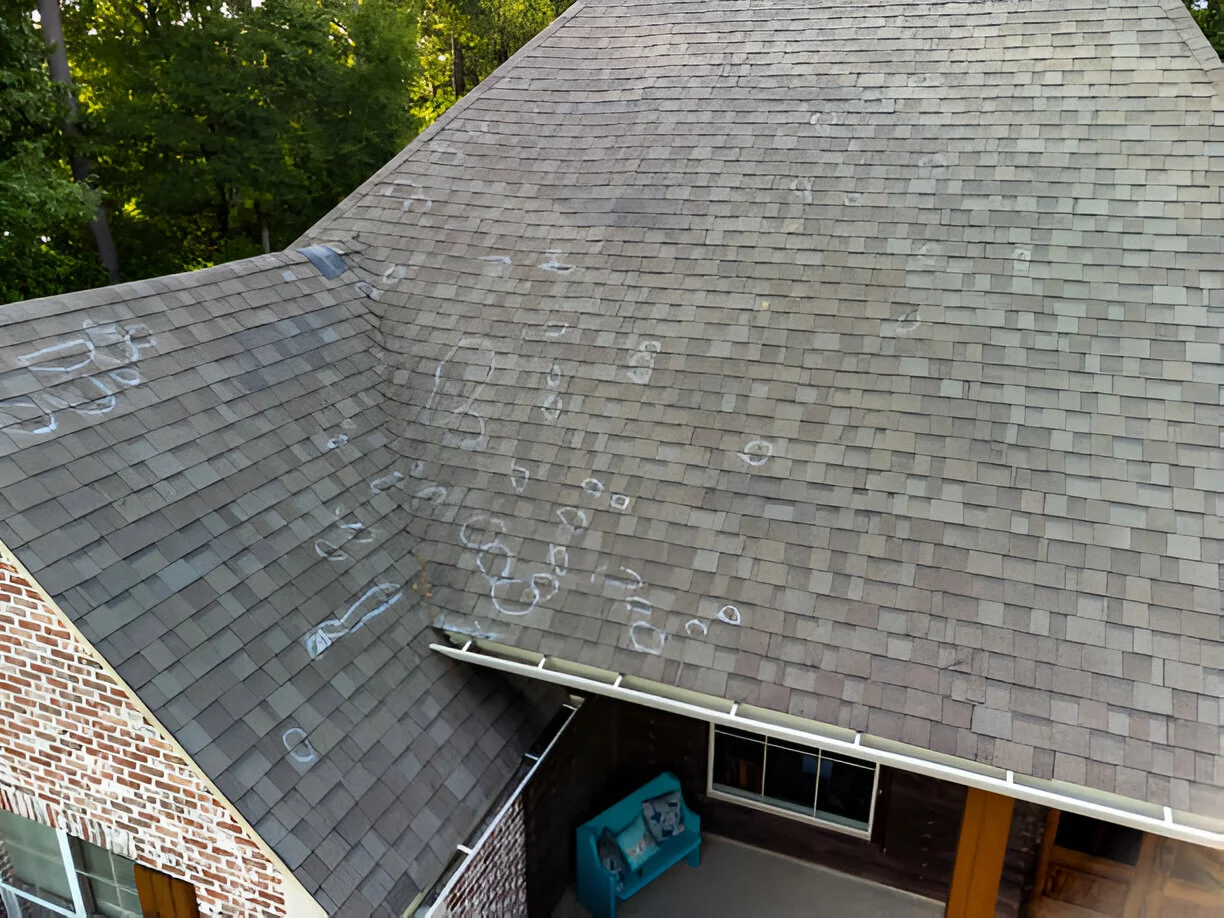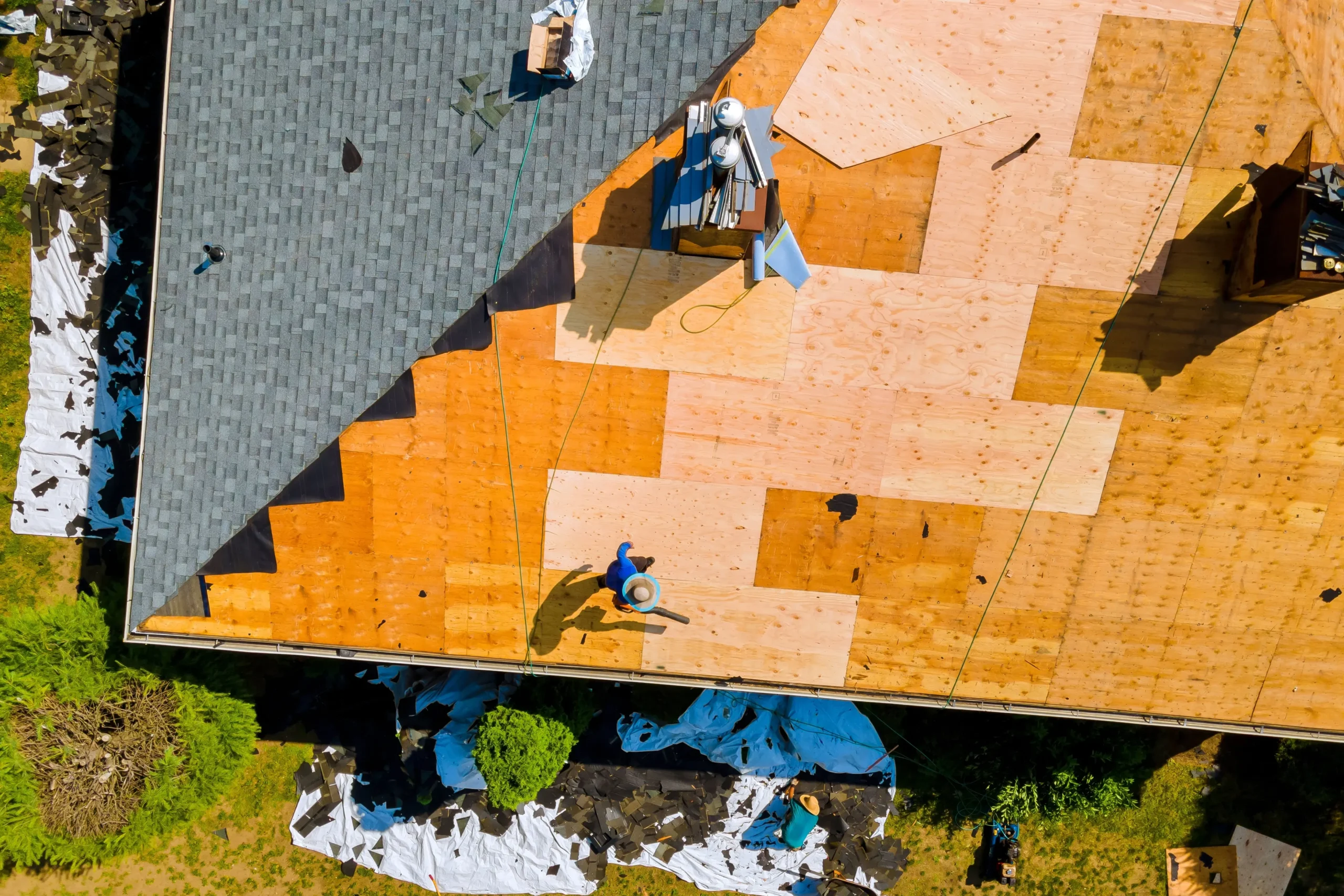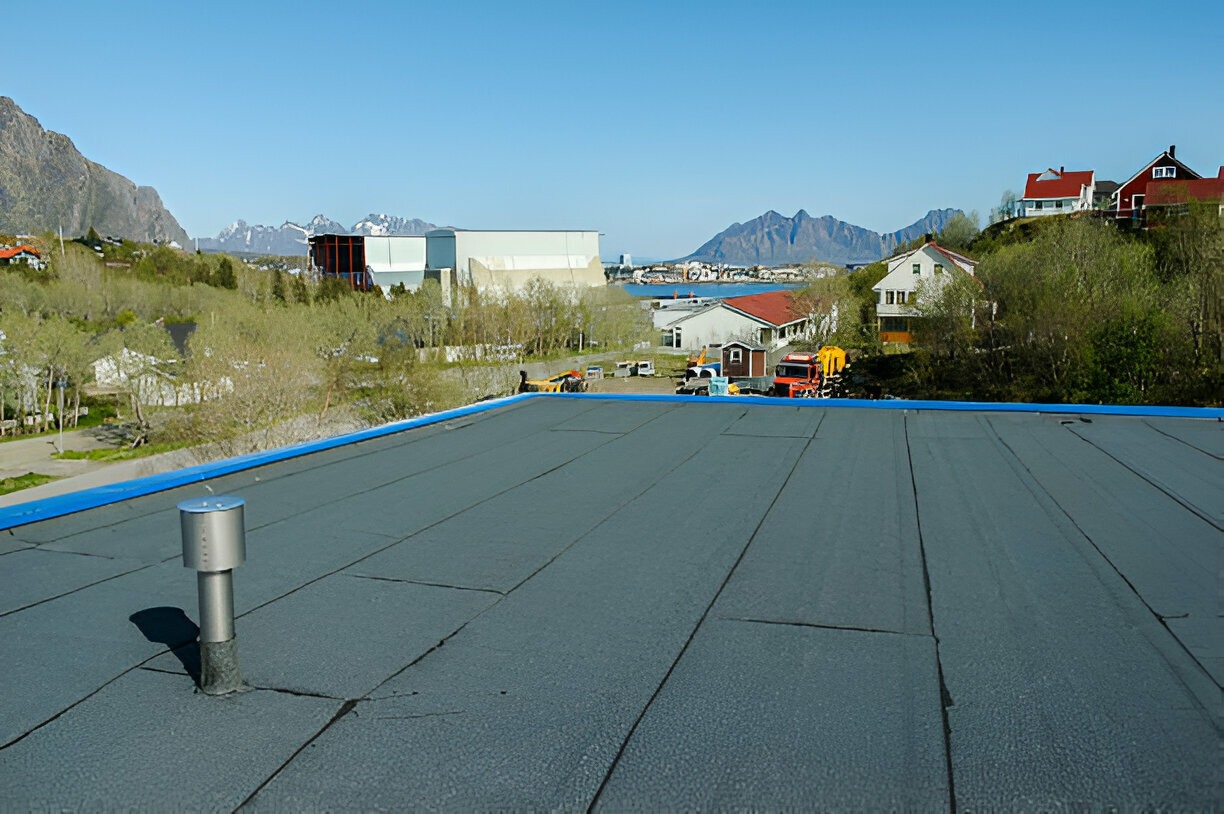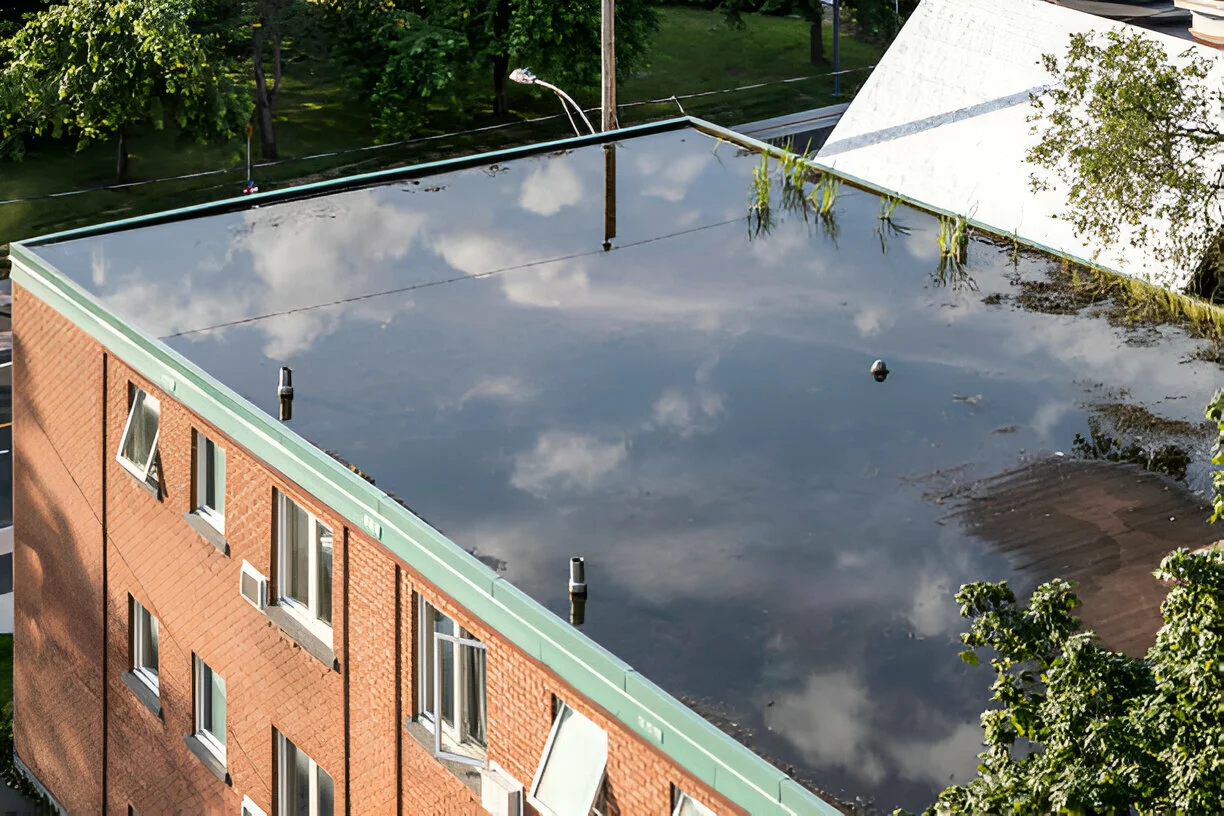Flat roofs are favored in houses and commercial structures due to their clean
appearance and utilization of roof space. But they must be maintained
regularly to remain in good shape. One of the most effective means of
protecting your flat roof is through regular inspections. Most specialists
recommend inspecting your flat roof twice a year, once in spring and once
during fall. This routine ensures you catch damage brought about by winter
snow and ice or prepare for future bad weather. Early intervention can
prevent minor problems from becoming costly repairs.
Why After-Storm Inspections Matter
In addition to your regular twice-a-year inspections, you should always inspect
your flat roof following the big storms. Heavy rain, intense winds, hail, or
snow can cause issues you may not notice immediately. Even if you can’t
see anything from the ground, it is well worth getting it inspected personally.
Following a storm, there may be leaks or minor cracks that have developed,
and getting on top of them early can be a real lifesaver.
Aged Flat Roofs Require Additional Attention
If your flat roof is ten or fifteen years old or more, it’s a good idea to check
on it more frequently. With time, roofing materials become less strong and
may crack, blister, or split. Older roofs may have additional spots where water
can penetrate. If your roof has already been patched or repaired in the past,
it’s worth taking a peek at those areas regularly to ensure they’re still doing
their job. A little extra scrutiny of an old roof can extend its lifespan by
several years.
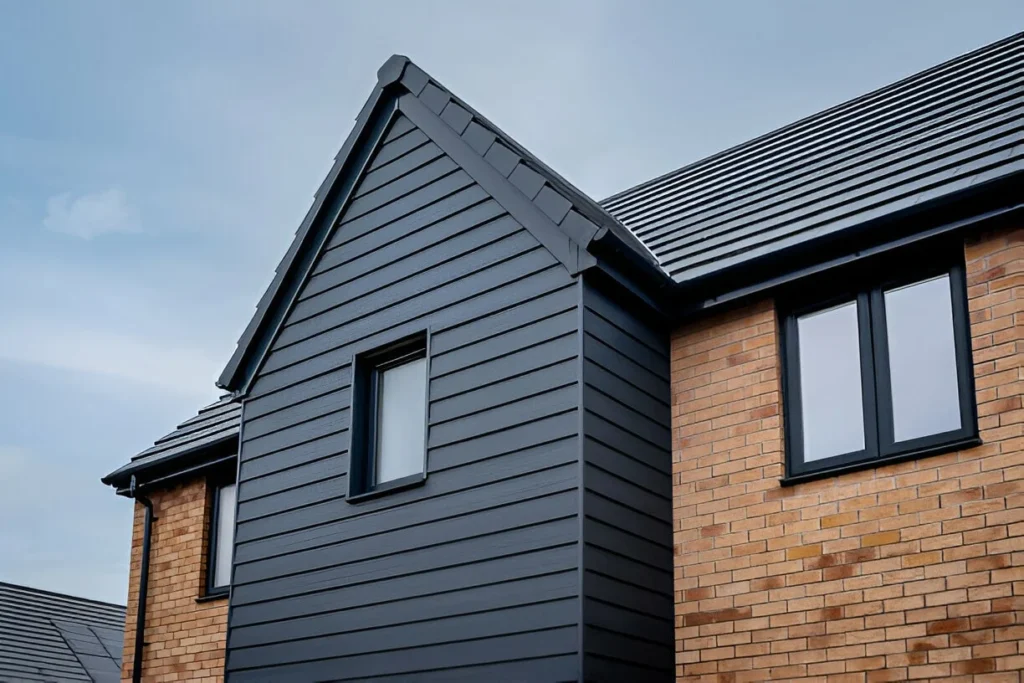
What to Look For on an Inspection
When you’re inspecting a flat roof, be on the lookout for water that lingers on
the roof too long after it rains. This is referred to as ponding water, and it
may damage the house if it does not drain well. You should also inspect for
cracks, blisters, or splits on the surface of the roof since these indicate that
the protective layers of the roof are degrading. The flashing, which is the
metallic component closing the edges and openings of the roof, should be
intact and free from cracks and rust. Clogged drains or gutters may prevent
water from draining off the roof, so these must be unblocked. Within your
building, look for water stains on walls or ceilings, as these may indicate
that leaks have begun to occur.
How Regular Inspections Save You Money
A well-maintained flat roof is less likely to experience catastrophic damage.
When small issues such as minute cracks or plugged drains are identified
early on, they can be repaired easily and inexpensively. Avoiding these issues
permits water to seep into the roof and result in larger damage, which can
cost a lot of money to repair. Regular check-ups are a wise means of
safeguarding your investment and preventing emergency repairs that can
invade your home or business.
Seasonal Changes and Maintenance of Flat Roofs
Flat roofs are exposed to weather fluctuations more than sloped roofs. During
summer, the sun’s heat may dry out roofing materials and make them hard and
brittle, and crack easily. During winter, snow and ice carry a significant
amount of weight to the roof. When ice forms, melts, and freezes, the damage
is even more considerable. That’s why you should inspect your roof when
seasons change, so you can detect temperature change-caused early signs of wear.
Final Thoughts
Flat roofs can also live for many years with good maintenance. The secret
is frequent inspections and prompt fixes. By inspecting your flat roof at
least twice a year, following storms, and more frequently if the roof is
mature, you’ll be able to maintain it in fantastic condition. This is a simple
practice that prevents leaks, safeguards your property, and saves you money
in the long run.
Call to Action
If you haven’t had your flat roof inspected for a while, don’t wait for something
to go wrong. Call Straight Path Construction today and schedule a professional
roof inspection. Our skilled crew is here to assist with keeping your home
or business dry and secure.
